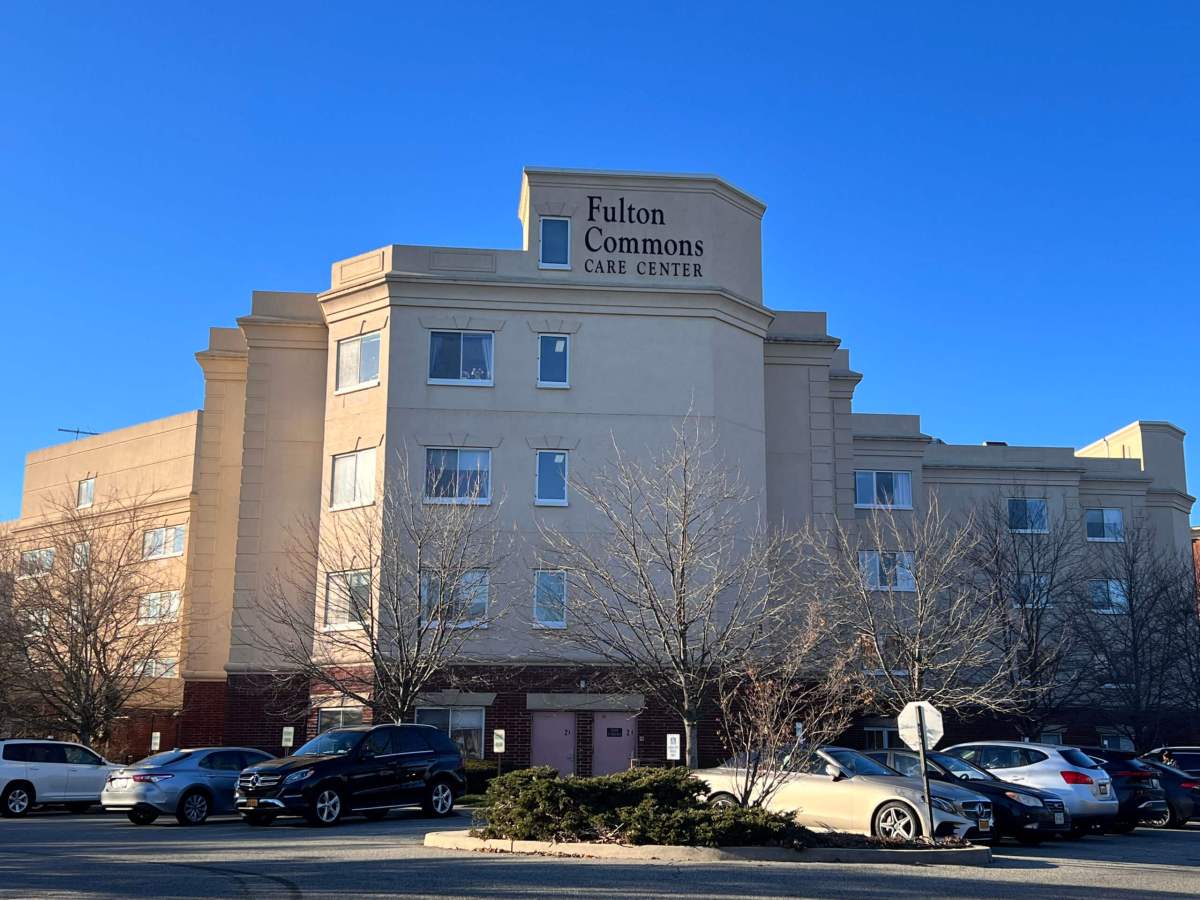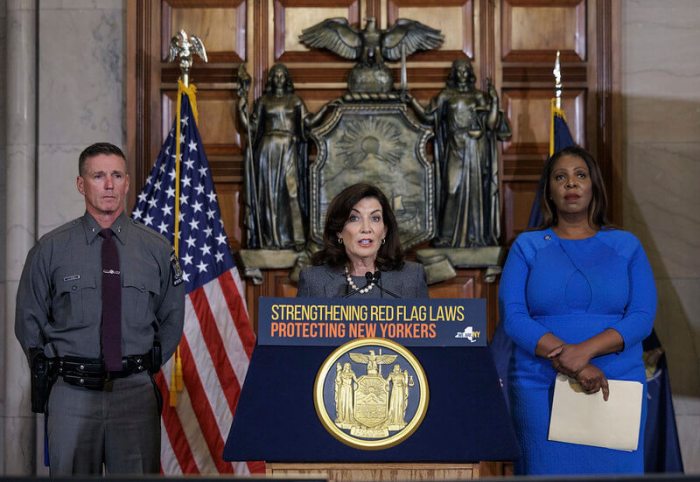New York Attorney General Letitia James announced Tuesday that she is suing a Long Island nursing home for allegedly committing financial fraud that led to neglect of residents in the facility.
The owners and operators of Fulton Commons Care Center in East Meadow are accused of using more than $16 million in government funds for their own personal enrichment at the expense of nursing home residents, who allegedly experienced neglect and abuse due to insufficient staffing.
“Fulton Commons failed its residents and denied them the basic right of receiving comfortable, competent, and respectful care at the facility entrusted to serve them,” James said. “My office continues to monitor nursing homes throughout New York to protect the safety of our vulnerable loved ones. Anyone who has witnessed degrading conditions, neglect, or abuse at a nursing home or residential care facility is strongly encouraged to report it.”
This is the attorney general’s second legal proceeding against the East Meadow facility after she announced last month the indictment of a nurse who sexually assaulted a resident and another nurse who failed to report the incident.
The new lawsuit claims that out of the $105.8 million that Fulton Commons received from Medicare and Medicaid from 2018 to 2021, its owners allegedly shoveled $14.9 million into a fraudulent rent scheme and paid more than $1 million to the principal owner’s eight adult children for no-show jobs at the facility.
As a result of the alleged misuse of funds, the attorney general alleges that Fulton Commons has been operating with a staffing shortage that has left residents neglected in their times of need for care.
The Press has not received a response to a request for comment from The Grand Rehabilitation & Nursing, the New York healthcare system that provides operational consulting for Fulton Commons.
In the lawsuit, James is seeking several remedies, including replacing the facility’s current medical director with a qualified physician, prohibiting the admittance of new residents, hiring financial and healthcare monitors, returning funds received from the fraudulent schemes, and reimbursing the state for the investigation costs.






























